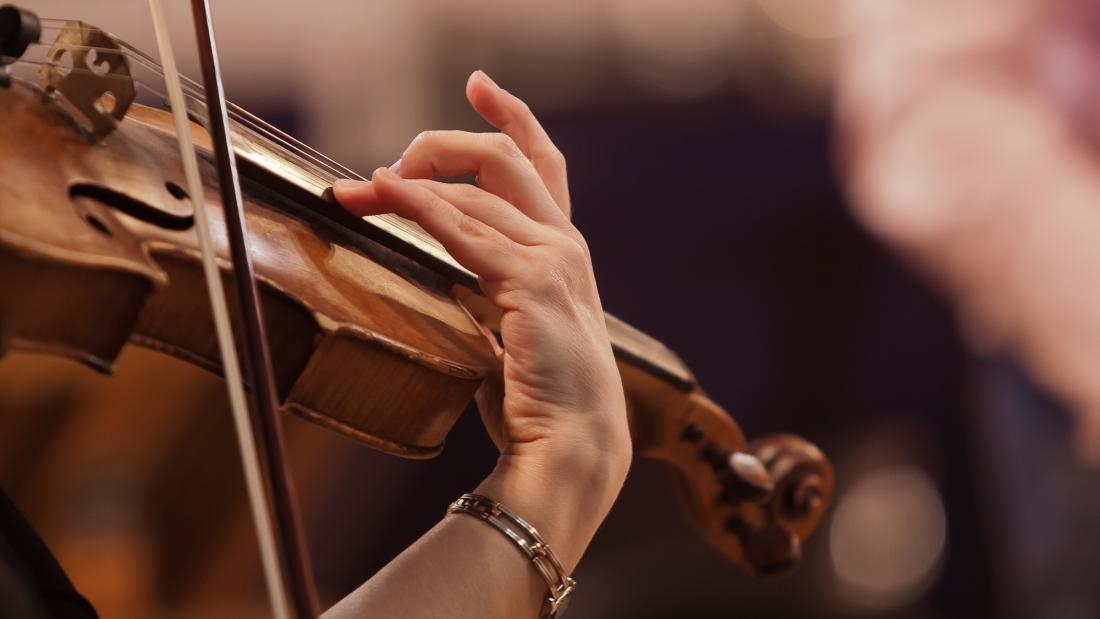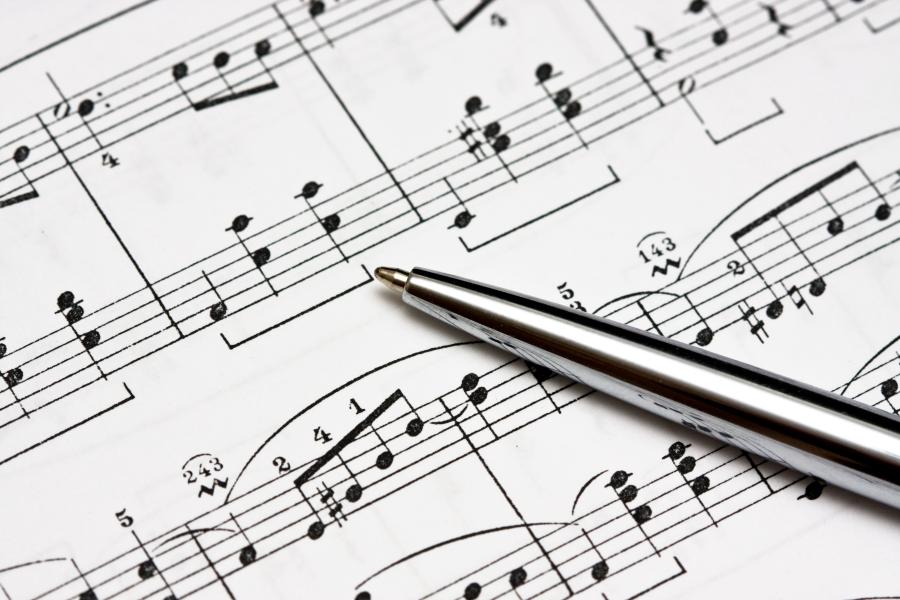About This Course
Research degrees can be gained in the areas of Musicology, Performance and Composition. Normally the research project will be limited to any one area. Performers, however, will follow, in addition to their practical studies (60%), an agreed programme of original research into historical study, performance practice, editing oranalysis, focusing on aspects related or central to repertoire performed (40%). Structure of Programme As a research programme, the course does not have a modular outline. Each student receives close supervision on an individual and original project, which has the potential to make a new and substantial contribution to the field. Each student has a supervisory committee, led by the main supervisor, assisted by two other staff members with relevant expertise. Research students have regular meetings with their supervisor and are entitled to consult other members of their committee as appropriate. They are also encouraged to present reports on their work in seminars and colloquia during each of their period of study. Final assessment will be through viva voce examination through an appointed panel. The panel consists of one internal examiner from within the University / School (not identical with members of the supervisory committee), one external examiner, who is an expert in the field, and a chair.
Submission:
- Historical Musicology / Editorial Musicology: Thesis of 60,000 words or equivalent
- Composition: Portfolio of compositions, consisting of around 70 minutes of music (depending on complexity); accompanying essay of 5,000-7,000 words on style, technique and aesthetic which contextualises the submitted portfolio.
- Performance: (i) one full-length public recital (40-50 mins) and one CD (40-50 mins), featuring different repertoire (60%) (ii) dissertation on a related area (20,000 words) or a composition of comparable length for the instrument in question (40%).
Research Opportunities
The School of Music has traditionally been strong in establishing collaborative links, often combined with full funding (through schemes such as KESS, and KTP).
Course Duration
Registration period (excluding write-up year) - 2 years full-time; 4 years part-time.
Entry Requirements
A degree at British Master’s standard: normally merit degree or equivalent. Applicants will be expected to prepare a proposal of a project, appropriate to the duration and academic level of the course. Performers will have to audition or, alternatively, submit a recent unedited recorded video performance, featuring contrasting repertoire (45-60 minutes). Musicologists and composers will be asked to submit samples of their work. For non-native English or Welsh speakers, proficiency in English – IELTS overall result of 6.5 with no individual score lower than 6.0.
Careers
A research postgraduate degree is the highest attainable study qualification. During the programme, students will make a significant and original contribution to their subject area and become a leading expert in this field. The learning process, although supervised, is independent, self-motivated and self-directed. Together with their subject-specific expertise, this makes candidates qualified for managerial positions or for an academic career.


